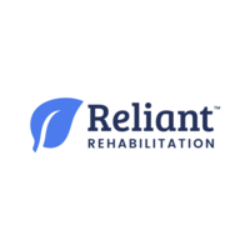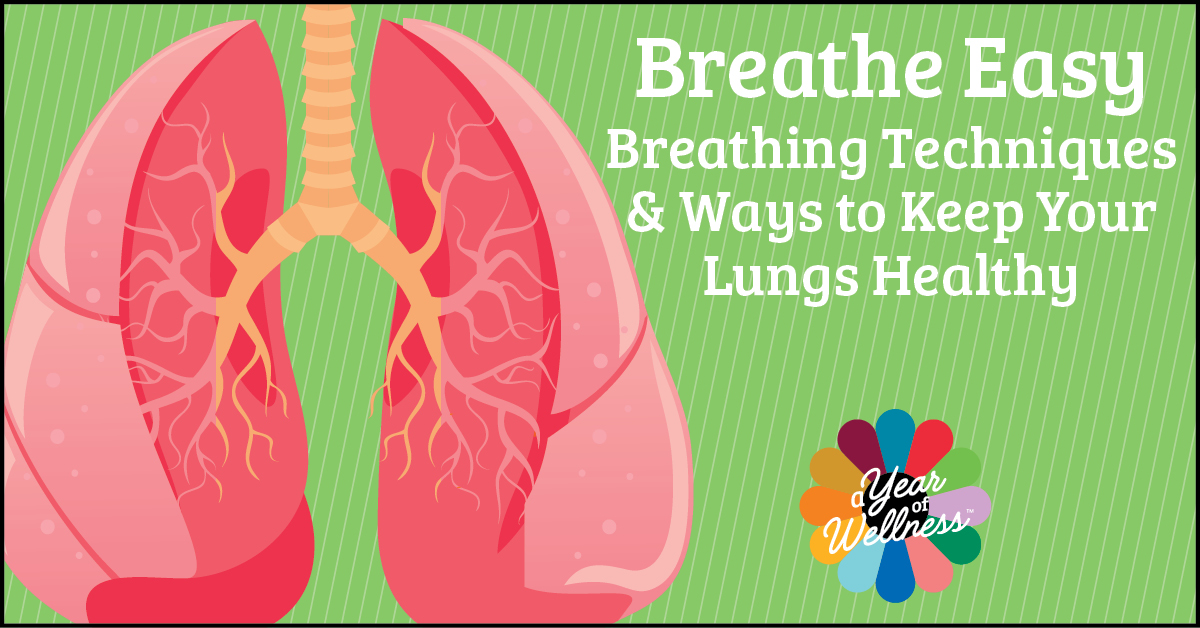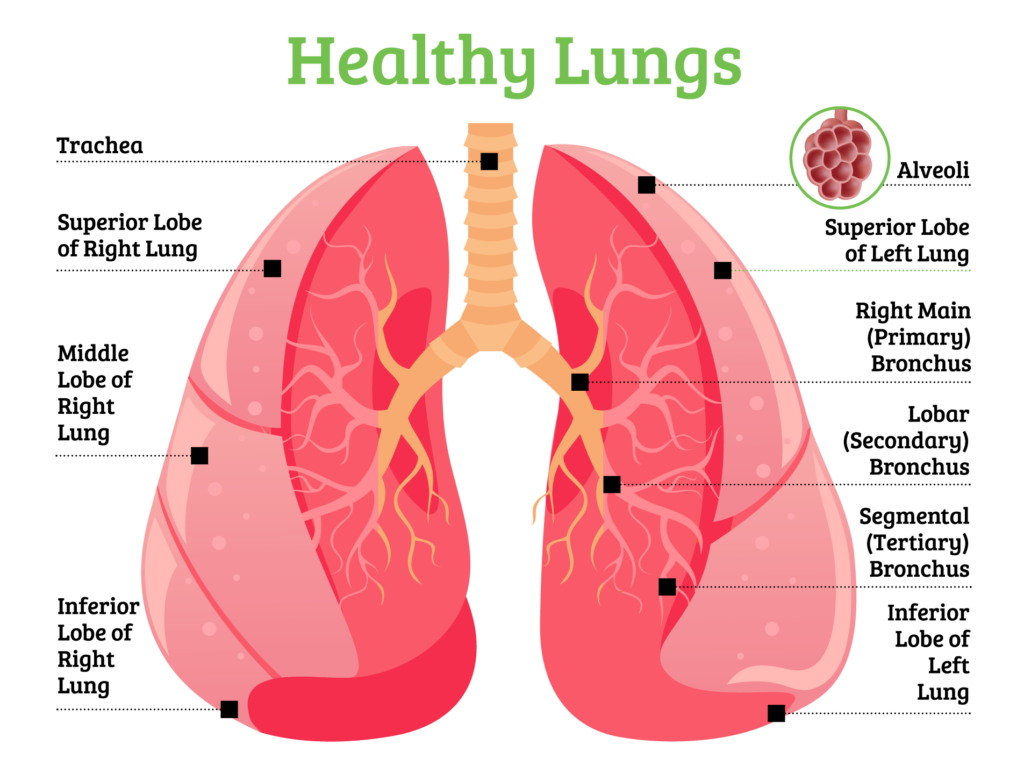Reliant has worked closely with the National Association for the Support of Long Term Care (NASL) to raise awareness of the activity associated with Medicare’s medical review process during this pandemic, including pre-pay targeted probe and educate (TPE) activity and post-pay recovery audit contractor (RAC) reviews. At this time, Novitas, First Coast and CGS have suspended TPE activity until further notice. Our contacts indicate current pre-pay TPEs will be released and paid in the coming weeks.
According to an FAQ
released on 3/30/2020, CMS
indicates suspension of most Medicare Fee-For-Service (FFS) medical reviews
during the emergency period due to the COVID-19 pandemic. The FAQ states that both pre-payment medical reviews such as the
reviews for TPE and post-payment reviews conducted by the MACs, Supplemental
Medical Review Contractors (SMRCs) and Recovery Audit Contractors (RACs) are
suspended for the duration of the Public Health Emergency (PHE).
The FAQ also notes that “no additional documentation requests will be issued
for the duration of the PHE for the COVID-19 pandemic.” Current post-payment
review by the MACs, SMRCs, and RACs will be suspended and released from review
as well. CMS is suspending these medical review activities for the duration of
the PHE, but could conduct medical reviews “during or after the PHE if there is
an indication of potential fraud.”



